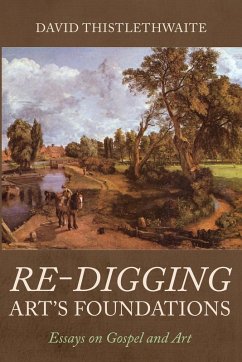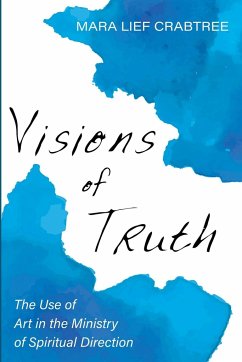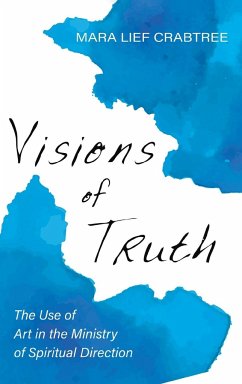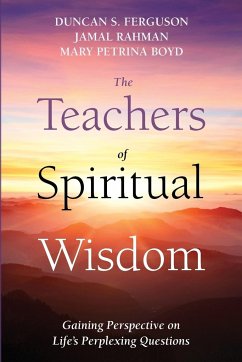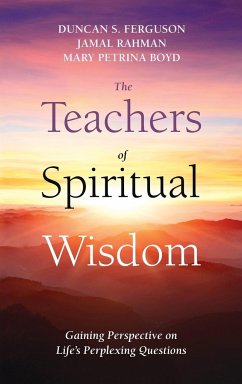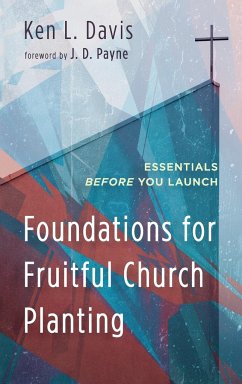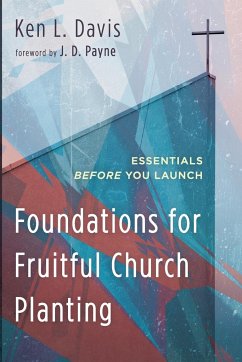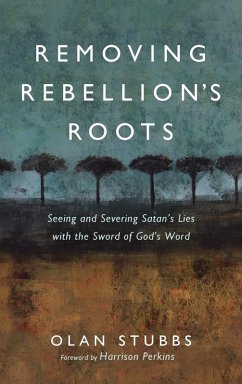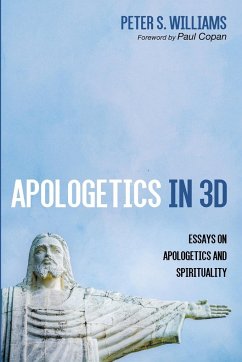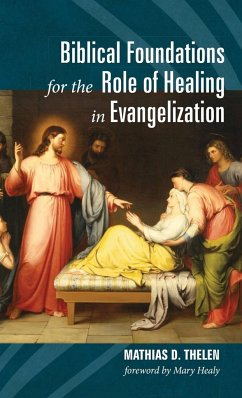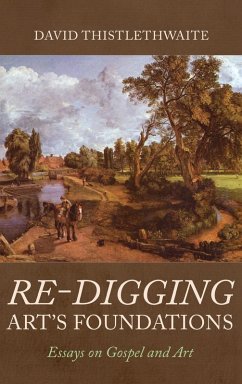
Re-digging Art's Foundations
Versandkostenfrei!
Versandfertig in 1-2 Wochen
33,99 €
inkl. MwSt.
Weitere Ausgaben:

PAYBACK Punkte
17 °P sammeln!
The experience of looking at contemporary art can be baffling, even alienating. But good art, Thistlethwaite asserts, makes you feel more human, not less, and certainly does not undermine your ability to make judgments. Too often we have been told ""it's all so subjective,"" and this has permitted purveyors of ugliness and the second-rate to occupy the public square without hindrance. But beauty, goodness, and truth, far from being the ragged tatters of a civilization in its death-throes, are in reality perfectly objective and thrillingly real. Everything depends on what sort of world we are l...
The experience of looking at contemporary art can be baffling, even alienating. But good art, Thistlethwaite asserts, makes you feel more human, not less, and certainly does not undermine your ability to make judgments. Too often we have been told ""it's all so subjective,"" and this has permitted purveyors of ugliness and the second-rate to occupy the public square without hindrance. But beauty, goodness, and truth, far from being the ragged tatters of a civilization in its death-throes, are in reality perfectly objective and thrillingly real. Everything depends on what sort of world we are living in, whether a good God's good creation, though marred, or one that is, according to expert opinion, pointless and meaningless. The twelve essays here show how a central core of ideas works out when different questions are asked, and in one longer, narrative essay, how they were arrived at. The foundations that need re-digging for art are discovered in common sense, the Bible, and a little theology. One aim of the book is to bridge the gap between Bible and art, and by so doing, to liberate art-viewers; and another is to free art makers into truthful and powerful real-world connections.





